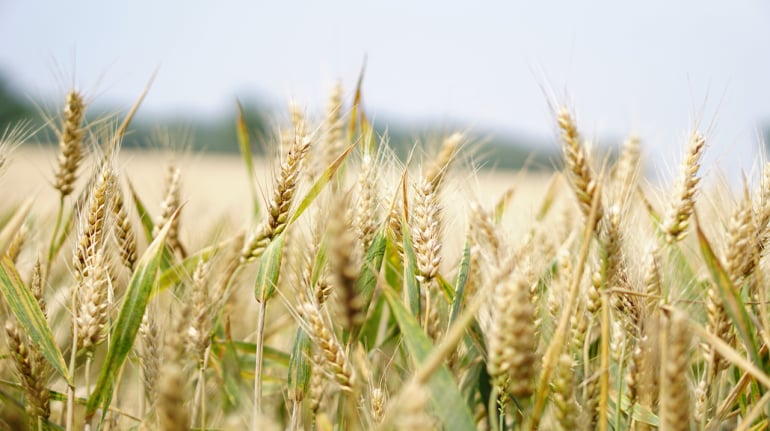
Basmati rice exports may see an impact if the attack on Red Sea exports by Houthis continues, said an official
Trade restrictions imposed on staples such as wheat, rice, and sugar are expected to cut the country’s agricultural exports by approximately $4 billion, officials from the commerce ministry said in a press briefing.
There has been a 9 percent decline in the Agricultural and Processed Food Products Export Development Authority’s (APEDA’s) exports, dropping to $13.99 billion in the April to October period this year from $15.42 billion in the year earlier, with wheat witnessing the sharpest drop at 98 percent, followed by milled products at 65 percent, and non-basmati rice at 20 percent, according to the export promotion body affiliated to the commerce ministry.
Why did exports fall?
The retail prices of key agricultural produce such as rice, wheat and sugar have been increasing, prompting the government to take measures to arrest this price rise.
In the case of rice, the price rise has been to the tune of 11-12 percent from a year earlier. To address this, the government has banned the export of all non-basmati white rice in July 2023.
It has also imposed a 20 percent duty on the export of parboiled rice, initially till October 2023, which was then extended to March 2024. This step, according to Additional Secretary of Commerce Ministry, Rajesh Aggarwal, has led to better realizations for basmati and parboiled.
“We are noticing a growth of almost 20 percent in overseas sales of these categories of rice due to increased prices and higher volumes. This will help reduce overall rice export deficit to some extent,” he said.
While sales of basmati rice rose 16 percent in April-October, up from $2.55 billion to $2.96 billion; exports of non-basmati rice fell 20 percent from $3.64 billion last year to $2.90 billion this year in the same period.
Story continues below Advertisement
Exports of wheat plunged more than 98 percent to $23 million in the April-October period from $1.51 billion last year.
The government has also extended curbs on sugar which it placed in October 2022, restricting exports of raw, white and refined sugar, requiring exporters to secure permission from the food ministry to sell overseas. The restriction was to stay in place until further orders or October 2023, whichever was earlier. A new notification issued this October added organic sugar to the category and extended the curbs “till further orders” without specifying an end date, virtually banning sugar exports.
Basmati rice exports may be impacted if attack on red sea shipments continues
Basmati rice exports could be affected if the attacks by Houthi rebels on ships passing through the Red Sea exports continues, another official said on condition of anonymity. India may need to explore longer routes, circumnavigating Africa, for exporting commodities such as Basmati rice.
“While this may add about 15-20 percent of shipment costs, we do not expect higher prices of Indian basmati to deter demand. However, as of now, the industry has not voiced any concerns on shipments yet,” the official added.
Trade restrictions estimated to slash farm exports by $4 billion - Moneycontrol
Read More

No comments:
Post a Comment